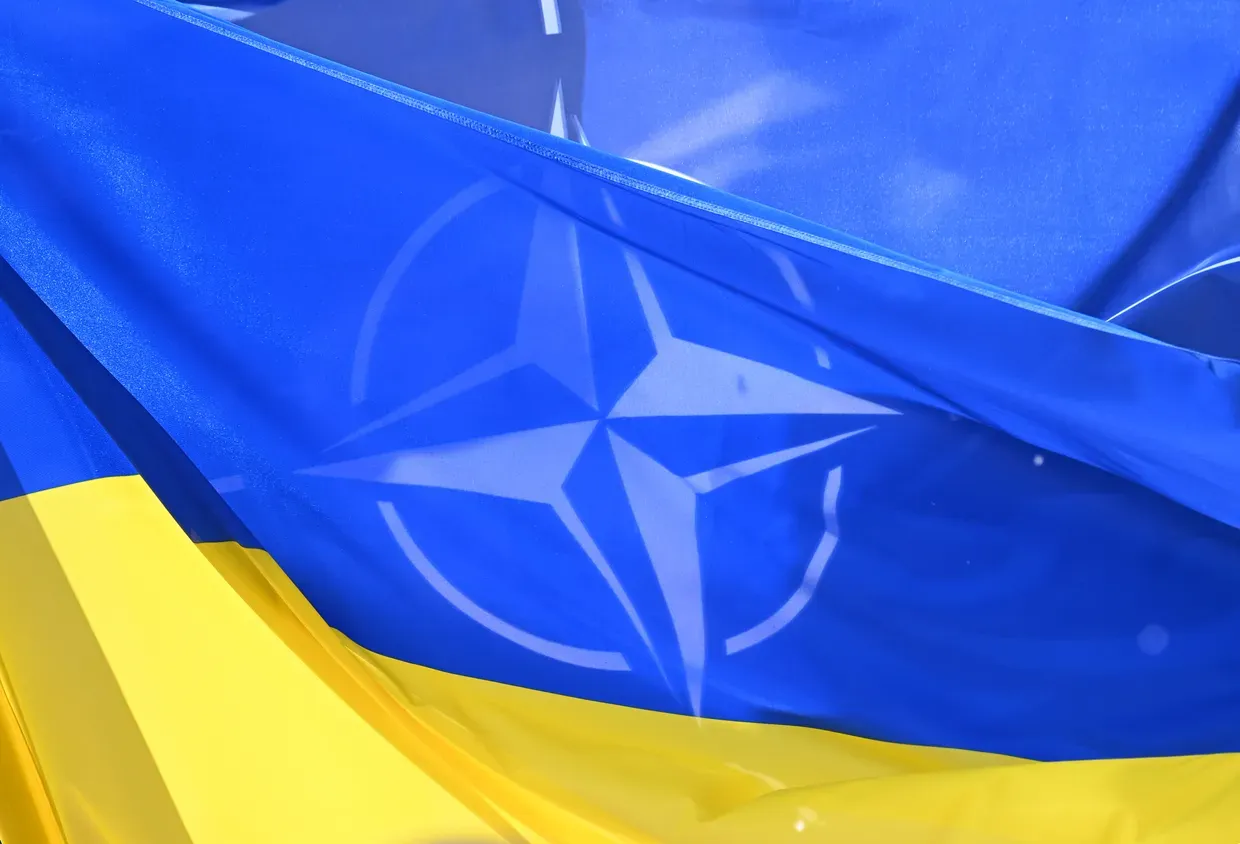We must focus on military aid — NATO chief sidesteps question on invitation for Ukraine

NATO's two-day ministerial meeting will focus on providing Ukraine with enough military aid to enable it to enter any possible negotiations from a position of strength, Secretary General Mark Rutte said ahead of the meeting in Brussels on Dec. 3.
Rutte dodged a journalist's question about whether Ukraine should expect an invitation during the meeting, saying only that "allies agree that the future of Ukraine is in NATO."
"And during the Washington summit, we agreed on the irreversible path towards NATO," the secretary general added, referencing the outcomes of the allied meeting in July.
Ukraine's Foreign Minister Andrii Sybiha asked on Nov. 29 that his NATO counterparts issue an invitation for Ukraine during the meeting in Brussels.
Kyiv submitted its application to join NATO in September 2022, and in July 2024, the alliance affirmed Ukraine's "irreversible path to full Euro-Atlantic integration, including NATO membership" — although Ukraine has not received any definitive news about its future accession.
The matter becomes ever more pressing as Kyiv sees the invitation as a key condition for a just and lasting peace. Discussions about possible peace talks next year are mounting as U.S. President-elect Donald Trump said he aims to find a quick end to the war and bring both sides to the negotiating table.
"The meeting in the next two days will very much concentrate on how to make sure that Ukraine, whenever it decides to enter into peace talks, will do so from a position of strength," Rutte said.
"And to get there, it is crucial that more military aid will be pumped into Ukraine."
Several allies remain opposed to Ukraine's quick accession to the alliance, including Germany, Slovakia, and Hungary, according to earlier reporting and statements. Reuters reported that an invitation during the upcoming summit was unlikely due to a lack of consensus.
According to an earlier statement by Trump's pick for a Ukraine peace envoy, Keith Kellogg, Ukraine could temporarily forego NATO aspirations in exchange for alternative security guarantees and arms.
In a statement issued ahead of the meeting and the subsequent Ukraine-NATO Council session on Dec. 3, Ukraine's Foreign Ministry rejected any guarantees that would serve as substitutes for a full NATO membership.
"Having the bitter experience of the Budapest Memorandum behind us, we will not settle for any alternatives, surrogates, or substitutes for Ukraine's full membership in NATO," the statement said just two days before the 30th anniversary of the memorandum's signing.
Last week, President Volodymyr Zelensky suggested ending the "hot phase" of war along Ukraine's eastern front in exchange for NATO membership, not immediately including occupied territories.
In separate comments on a potential invite on Dec. 1, Zelensky said that the alliance's Article 5 collective defense principle may not apply to Ukrainian territories facing active combat if Ukraine were to join NATO.














